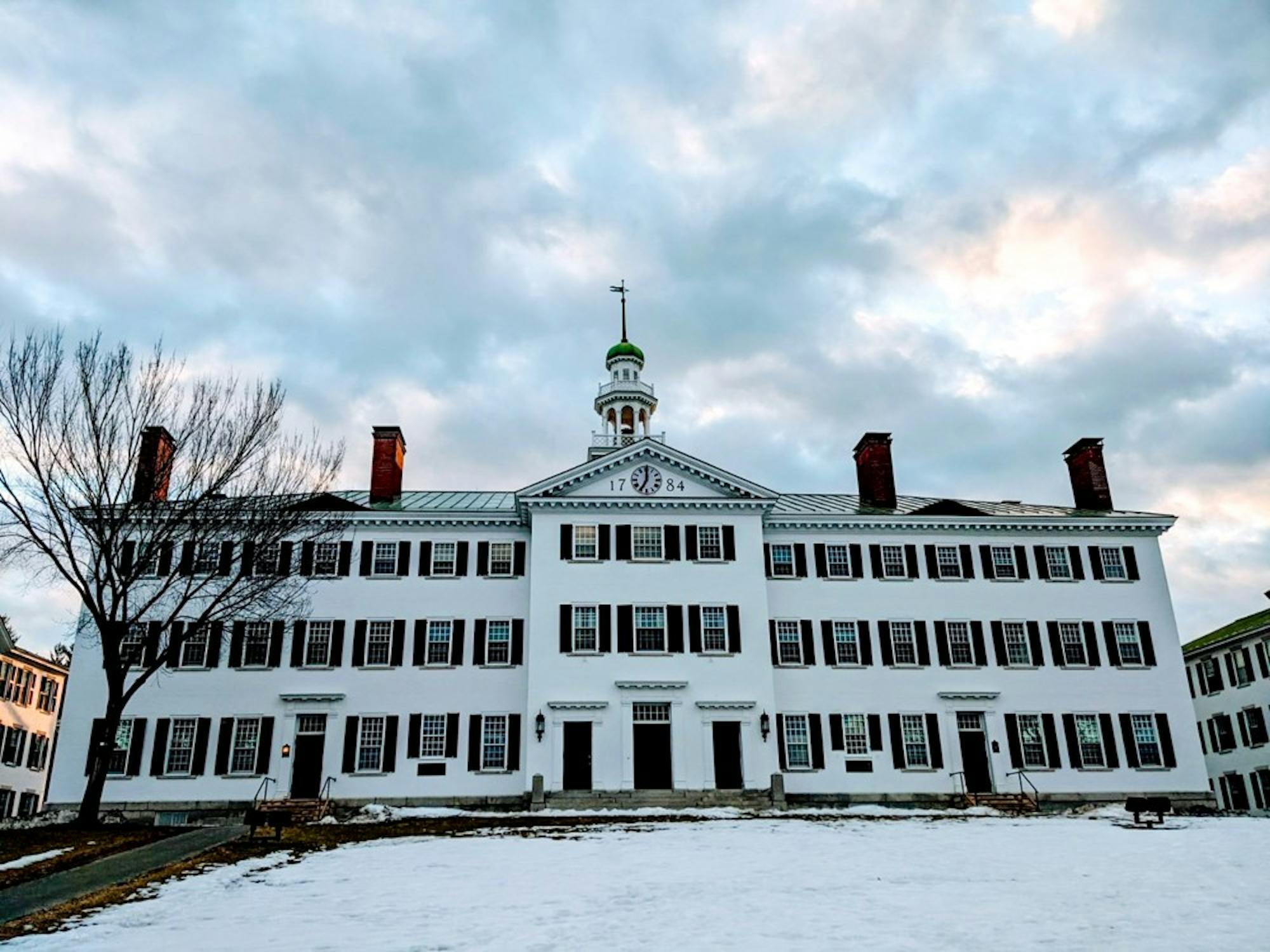The Dartmouth Asian Pacific American Alumni Association announced the launch of the College’s first Asian American and Pacific Islander Academic Enrichment fund in an email early last month. This fund is the latest achievement in a 25-year-old campus movement to establish an official Asian American studies department at Dartmouth.
2021 was also marked by Asian American student activism on campus: The Dartmouth Asian American Studies Collective garnered nearly 1,200 signatures in a campaign to inaugurate a new Asian American studies department.
Women’s gender and sexuality studies professor Eng-Beng Lim, who has been a leading faculty member advocating for the creation of an Asian-American studies department, expressed his excitement in reaching this achievement.
“This is the result of alumni efforts, first and foremost,” Lim said. “It’s so wonderful that this is finally happening.”
According to the AAPI academic enrichment fund’s website, the goal of the fund is to recruit Asian American faculty and fellows, provide funding for faculty and undergraduate research and support new courses and off-campus programs.
“Our hope is that this fund will evolve into an Asian American studies department,” DAPAAA member Stephanie Westnedge ’92 said. “I think it’s an important milestone, but we still [have] got a long way to go. It’s encouraging that the administration is working with us and listening to us, but Dartmouth has to decide what’s the right place for Asian American studies in the curriculum.”
According to Westnedge, the AAPI Academic Enrichment fund currently has approximately $203,000. The DAPAAA’s goal is to raise an additional $200,000 by June 2022.
Following three shootings in March 2021 at several spas near Atlanta that killed eight people — six of whom were Asian women — and subsequent activism surrounding violence against Asian Americans, Lim helped to organize a petition for an Asian American Studies program immediately following the shootings. He said he recognizes that this tragedy galvanized activists but also emphasizes the longer historical struggle for Asian American civil rights.
“If you were to line this up in the history of anti-Asian violence, it’s a very long history,” Lim said. “So we can’t possibly attribute [the campus activism] to that one moment [after the Atlanta spa shootings], but it’s certainly one that has been quite formative of some of these energies.”
Lily Ren ’23, a member of the Dartmouth Asian American Studies Collective that spearheaded the Dartmouth petition last fall, said that although the petition has not yet led to the creation of an Asian American studies department, the specific allotment of funds toward Asian American learning initiatives is a step in the right direction. She added that the mobilization effort involves coordination among students, alumni and faculty who are passionate about the cause.
“Something that we are doing to strategize is we’re trying to work with alums and faculty on these initiatives because we believe it’s important to align our interests together,” Ren said. “We’ve met with faculty and Asian American alum a few times during the fall, and they have been keeping us in the loop about the AAPI fund that would help to bolster a stronger Asian American studies presence at Dartmouth.”
Westnedge explained that the alumni group that took charge on fundraising and establishing the academic enrichment fund initially formed out of a book club. Westnedge said that at a moment of racial reckoning in the U.S. in 2020, Asian American alumni were tired of being “invisible as a group.”
“We’re just a scrappy little group who were angry and pissed off and we needed to put our energy somewhere,” Westnedge said. “One of the big gaps at Dartmouth is there’s no course code for Asian American studies. We are just systematically not represented as a group or the study at Dartmouth.”
Strong alumni involvement has helped the movement sustain momentum even after the news cycle trended away from violence against Asian Americans. However, Lim said that proponents of creating an Asian American studies department must keep moving toward their goal. For now, the fund without a department is like “putting the cart before the horse,” he added.
As to whether he thinks the Asian American studies department will ever come to fruition, Lim said “never say never.”
“But the proof is in the pudding,” Lim added. “So, without an actualizable plan [that] is committed to Asian American studies and Asian American students, in the context of national comparative understandings of race and ethnicity, [it] is, so far, only a hope.”




